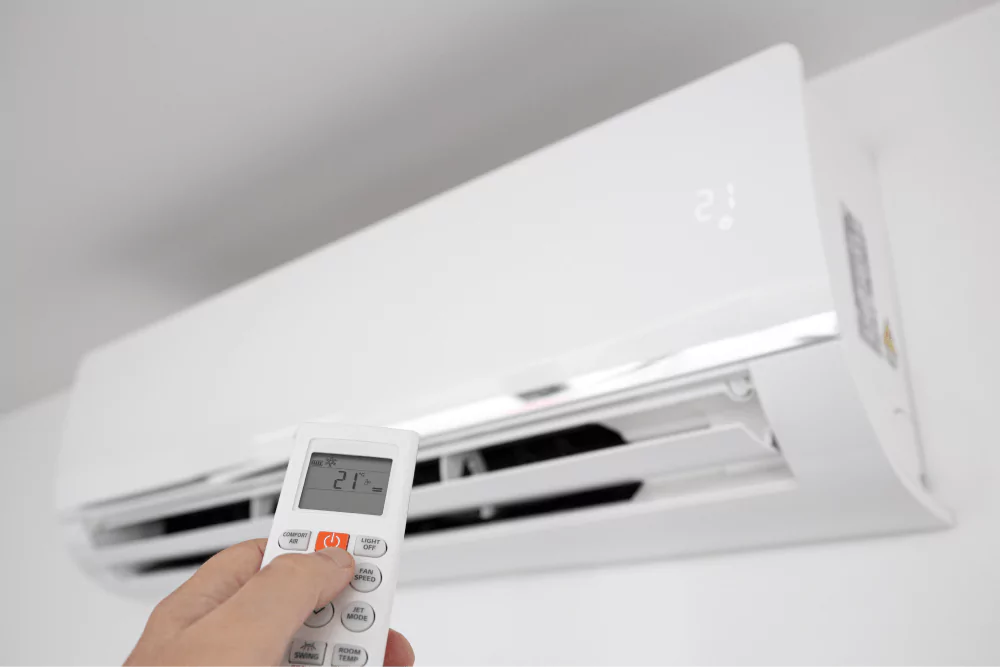
Living in Port St. Lucie, Florida, comes with its fair share of perks: sunny weather, beautiful beaches, and a vibrant community. However, one aspect that often goes unnoticed is the quality of the air we breathe indoors. With the majority of our time spent inside, especially during the hot and humid summers, it’s crucial to ensure that our indoor air quality (IAQ) is at its best. One effective way to achieve this is by enhancing the efficiency of your HVAC system.
Why Focus on HVAC Efficiency?
The HVAC (Heating, Ventilation, and Air Conditioning) system is the heart of any indoor environment, regulating temperature and humidity levels while also filtering out pollutants. However, inefficient HVAC systems can not only lead to discomfort but also contribute to poor indoor air quality and increased energy bills. By optimizing your HVAC system’s efficiency, you can create a healthier and more comfortable living space while saving on energy costs.
Practical Steps to Improve HVAC Efficiency
- Stay on Top of Regular Maintenance: Just like any other machinery, HVAC systems require regular maintenance to function optimally. Schedule annual inspections and tune-ups with a licensed HVAC technician to ensure that your system is clean, properly calibrated, and free from any issues that could affect its efficiency.
- Replace Air Filters: Air filters play a crucial role in trapping dust, pollen, and other airborne particles, preventing them from circulating throughout your home. Over time, these filters become clogged, hindering airflow and reducing the efficiency of your HVAC system. Replace air filters every 1-3 months, depending on usage and the type of filter.
- Seal Leaks: Leaky ductwork can result in significant energy loss, causing your HVAC system to work harder than necessary to maintain indoor comfort levels. Inspect ducts for any leaks or gaps and seal them with duct sealant or foil tape. Properly sealed ductwork not only improves HVAC efficiency but also enhances indoor air quality by preventing contaminants from entering your living space.
- Upgrade to Energy-Efficient Equipment: If your HVAC system is outdated or inefficient, consider upgrading to ENERGY STAR® certified equipment. Energy-efficient HVAC units are designed to consume less energy while providing the same level of comfort, ultimately reducing your carbon footprint and lowering utility bills.
- Utilize Programmable Thermostats: Programmable thermostats allow you to regulate your home’s temperature based on your schedule, ensuring that your HVAC system operates efficiently when needed and conserves energy when not in use. Set your thermostat to adjust temperature settings automatically during times when you’re away or asleep, optimizing energy usage without sacrificing comfort.
- Improve Indoor Ventilation: Proper ventilation is essential for maintaining good indoor air quality. Consider installing exhaust fans in kitchens and bathrooms to remove excess moisture and pollutants. Additionally, opening windows and doors when weather permits allows for natural ventilation, reducing reliance on your HVAC system and improving air circulation.
- Invest in Air Purification Systems: For added protection against airborne contaminants, consider investing in air purification systems such as HEPA filters or UV germicidal lights. These systems work in conjunction with your HVAC system to capture and eliminate pollutants, allergens, and pathogens, further enhancing indoor air quality.
Conclusion
Elevating indoor air quality in Port St. Lucie is not just about comfort—it’s about creating a healthier living environment for you and your family. By implementing these practical steps to enhance HVAC efficiency, you can enjoy cleaner air, lower energy bills, and peace of mind knowing that you’re doing your part to improve both your home and the environment. Schedule regular maintenance, upgrade to energy-efficient equipment, and take proactive measures to optimize indoor air quality—it’s a breath of fresh air for everyone.